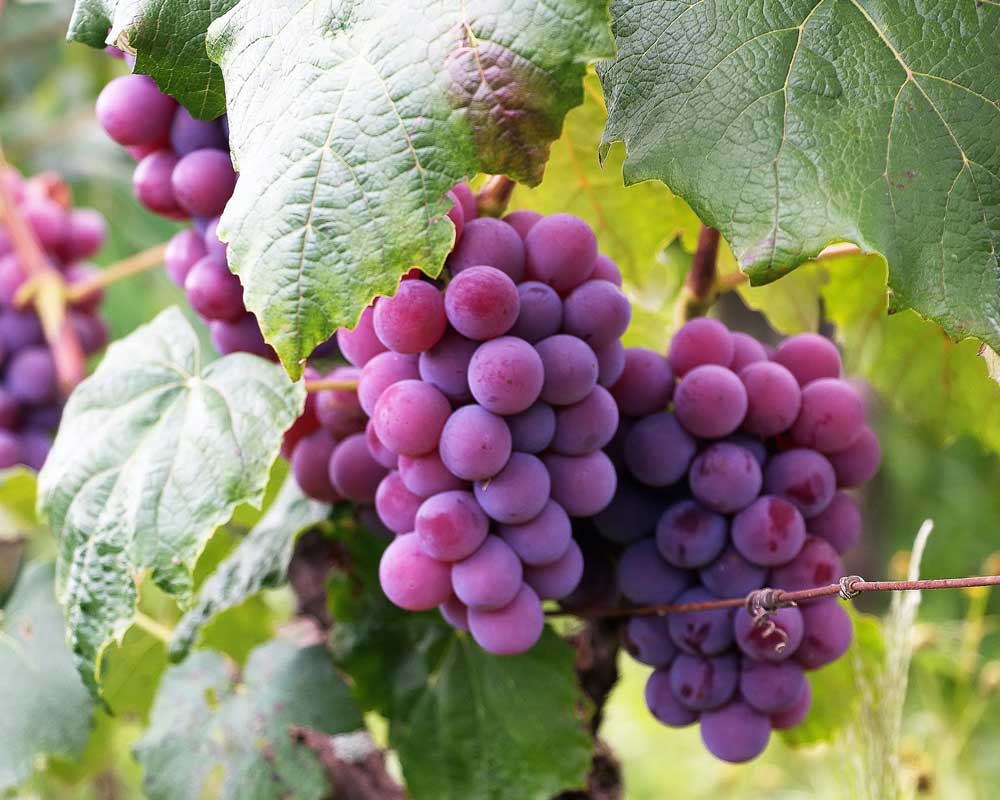
Resveratrol: The Anti-Aging Antioxidant for the Heart, Brain & Waistline
Picture a life where aging doesn’t necessarily equate to decline. This is the promise that resveratrol holds—a potential fountain of youth locked within nature’s grasp. Derived from the skin of red grapes, resveratrol has garnered significant attention for its ability to combat the effects of aging on various fronts.

What is Resveratrol?
Resveratrol, a natural polyphenol, is found in certain plants as a defense mechanism against stress and infections. Grapes, blueberries, and peanuts are notable sources of this powerful compound. Its ability to fight oxidative stress and inflammation makes it a sought-after supplement for those looking to optimize their healthspan.
The Heart-Protecting Benefits
Enhancing Cardiovascular Function
Research suggests that resverat-rol might contribute to heart health by promoting the relaxation of blood vessels, thus supporting healthy blood flow. This effect can potentially reduce the risk of heart disease and other cardiovascular issues.
Supporting Healthy Blood Pressure
Studies have hinted at resveratrol’s potential to help maintain optimal blood pressure levels. By relaxing and dilating blood vessels, it may contribute to the prevention of hypertension, a leading risk factor for heart problems.
Nurturing the Brain
Cognitive Enhancement
One of the most exciting areas of resvera-trol research is its impact on cognitive function. It has been proposed that this compound might play a role in enhancing memory and overall cognitive abilities.
Neuroprotective Effects
The brain’s delicate neural networks can benefit from resvera-trol’s neuroprotective properties. Its ability to reduce oxidative stress and inflammation in the brain may contribute to a lower risk of neurodegenerative disorders.
Battling the Bulge
Metabolic Boosting
Resveratrol’s influence on metabolism has piqued interest in the realm of weight management. Some studies suggest that it might boost the body’s metabolic rate, aiding in more efficient calorie burning.
Aiding Weight Management
In addition to its metabolic effects, resverat-rol might help regulate appetite and fat storage, providing a potential edge in the ongoing battle against obesity.
The Science Behind It
Antioxidant Powerhouse
Resveratrol’s potent antioxidant properties help neutralize harmful free radicals in the body, reducing oxidative stress and potential damage to cells and DNA.
Impact on Cellular Aging
Research into resveratrol’s impact on cellular aging pathways has illuminated its potential to slow down the aging process at a cellular level, possibly leading to extended health span.
Incorporating Resveratrol into Your Life
Dietary Sources
Adding resverat-rol-rich foods like grapes, blueberries, and dark chocolate to your diet can be a delicious way to harness its benefits.
Supplement Considerations
For those seeking a more concentrated form, resveratrol supplements are widely available. However, it’s essential to choose reputable brands and consult a healthcare professional before starting any new supplementation.
Safety and Considerations
Consulting a Healthcare Professional
While resveratrol shows great promise, individual responses can vary. Consulting a healthcare professional before making significant changes to your regimen is crucial.
Potential Interactions
If you’re taking medications, especially blood thinners, it’s important to be aware of potential interactions when incorporating resverat-rol into your routine.
Unveiling the Future
Ongoing Research
The field of resverat-rol research continues to evolve, uncovering new potential benefits and applications beyond what we currently know.
Possibilities for Longevity
As our understanding of resveratrol’s effects deepens, the tantalizing prospect of an extended, vibrant life becomes more plausible.
Conclusion
In a world where the pursuit of longevity often feels like an elusive dream, resveratrol emerges as a glimmer of hope. Its multifaceted benefits for the heart, brain, and waistline make it a captivating subject of scientific exploration and a beacon for those seeking a more youthful and vibrant existence.
Frequently Asked Questions (FAQs)
1. Is resveratrol safe for everyone?
Resveratrol is generally considered safe for most people. However, it’s wise to consult a healthcare professional, especially if you’re pregnant, nursing, or taking medications.
2. Can I get enough resveratrol from my diet alone?
While adding resverat-rol-rich foods to your diet is beneficial, obtaining high doses solely from food might be challenging. Supplements can offer a more concentrated source.
3. Are there any side effects associated with resveratrol supplementation?
Side effects are rare, but some individuals might experience digestive issues. Starting with a low dose and gradually increasing can help mitigate this.
4. Can resveratrol really slow down the aging process?
While resveratrol shows promise in cellular studies, its effects on human aging are still being researched. It might contribute to overall healthspan, but a comprehensive anti-aging solution involves multiple factors.
5. Where can I access high-quality resveratrol supplements?
Quality matters when it comes to supplements. Look for reputable brands at health food stores or consult your healthcare provider for recommendations.
Read More
Mango Nutrition: Tropical Fruit for Helping With Blood Sugar & Brain Health
Riboflavin (Vitamin B2) Benefits: Preventing Headaches, Heart Health & More
Plum Benefits Your Digestion & Cardiovascular Health
Pineapple: A Tropical Delight Packed with Whole-Body Benefits
Water Chestnuts: Your Natural Pathway to Weight Management, Immunity, and Digestive Wellness
Peach Nutrition: Heart-Healthy, Gut-Friendly and Downright Delicious
